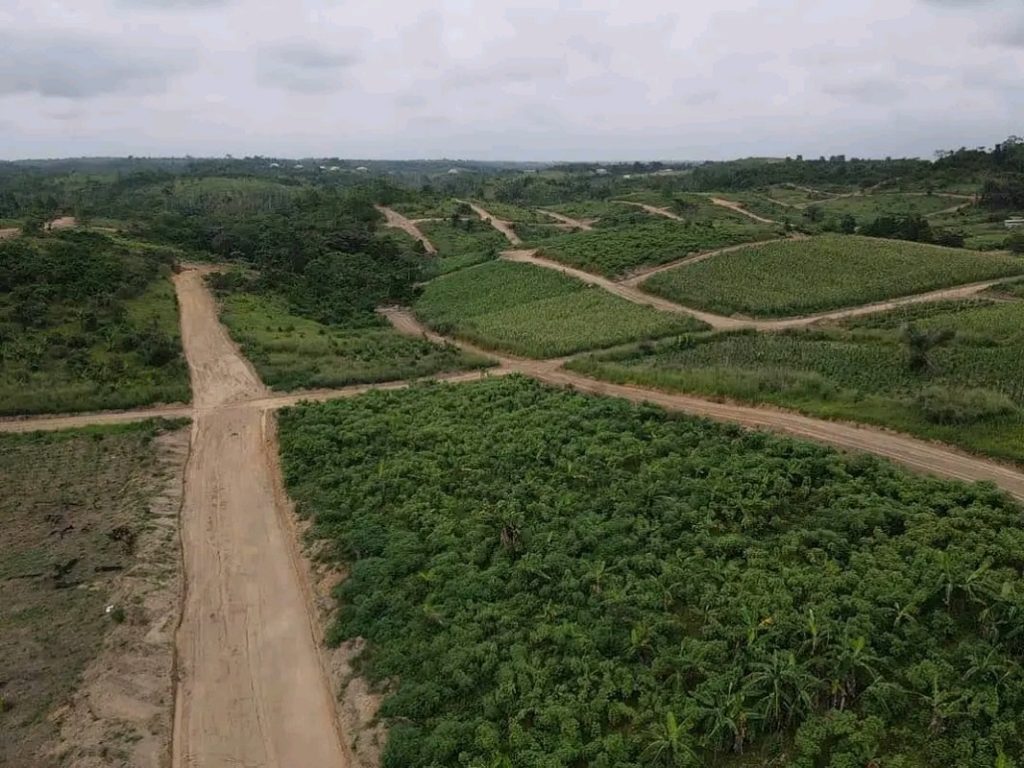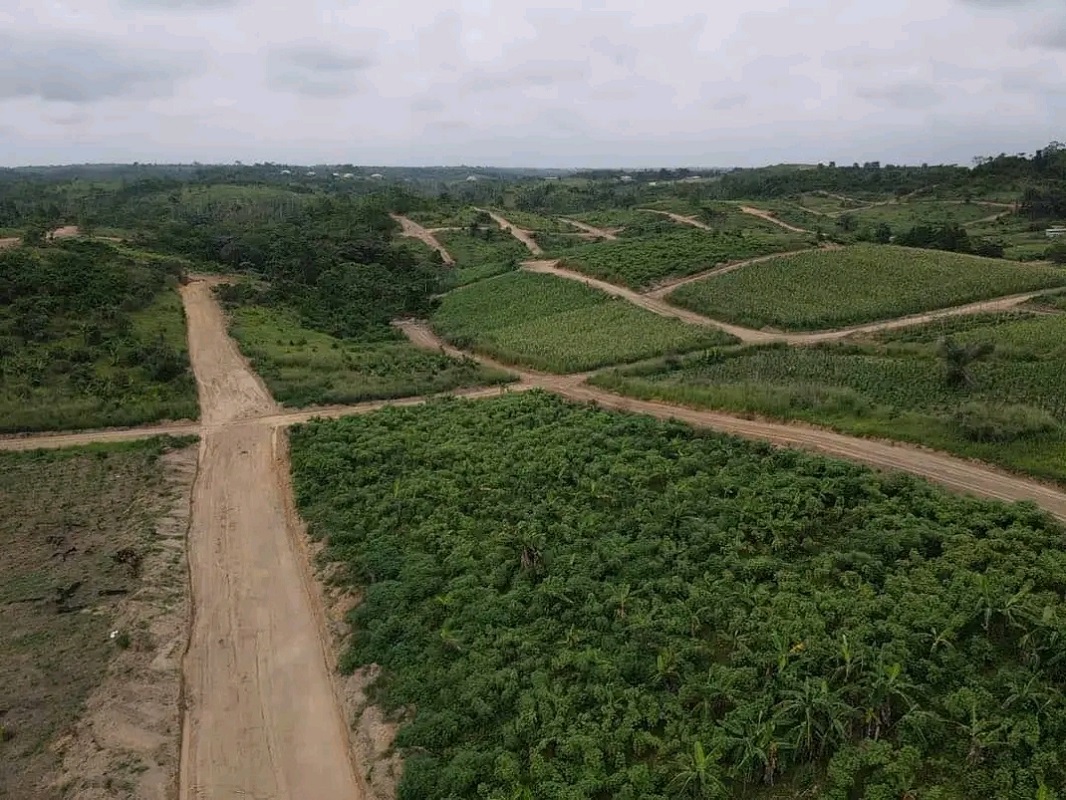To address Cameroon’s high food dependence on imports, the government has launched a vast land security project covering 400,000 hectares on the Yoko-Lena-Tibati corridor. The aim is to stimulate local production of food crops and reduce the cost of cereal imports.
The Cameroonian government is going on the offensive in the face of food challenges. As part of the Integrated Agropastoral and Fisheries Import-Substitution Project (Piisah), 200,000 hectares of land have been secured on the Yoko-Lena-Tibati corridor, extending between the Centre and Adamaoua regions. According to Minister Delegate Paul Tasong, an additional 200,000 hectares are being secured, bringing the area mobilized to attract private investors in agriculture to 400,000 hectares.

This initiative aims to significantly increase local production of rice, corn and wheat, commodities imported in large quantities. In 2023, Cameroon imported cereals worth 387.7 billion FCFA, including 200.8 billion for rice and 178.3 billion for wheat, according to the National Institute of Statistics.
Gabriel Mbairobe, Minister of Agriculture, highlights a paradigm shift. “90% of our production comes from family farms. But in the face of growing demand, it is imperative to promote the emergence of medium and large farms with high yields.” To achieve this, the government is banking on building land reserves and attracting private investors.
These new farms will have to meet not only human food demand, but also the needs of the agri-food, livestock and aquaculture industries.
While the ambition is welcomed, securing land remains a complex challenge. Conflicts between agro-industrialists and local populations, often supported by environmental NGOs, are hampering the development of major projects. In 2021, for example, Prime Minister Joseph Dion Ngute cancelled the creation of land reserves on 66,000 hectares in the South region after local protests.
To avoid such situations, the government must engage in an inclusive dialogue with the communities concerned. The success of the project will depend on the balance between attractiveness for investors and respect for the land rights of local populations.
With this 400,000-hectare project, Cameroon is positioning itself to reduce its dependence on food imports. However, implementation will require combined efforts to ensure the project’s sustainability and social acceptance. If the challenges are overcome, the country could initiate a decisive turning point towards food self-sufficiency and the development of its agriculture.






